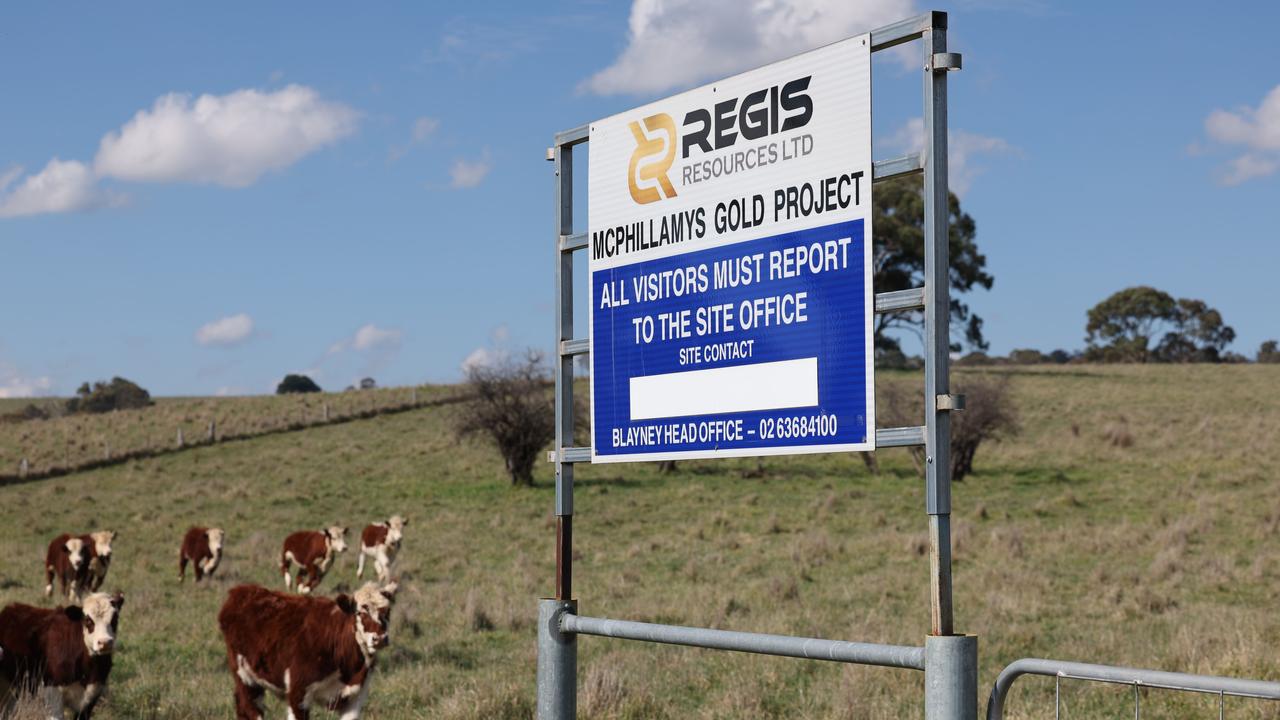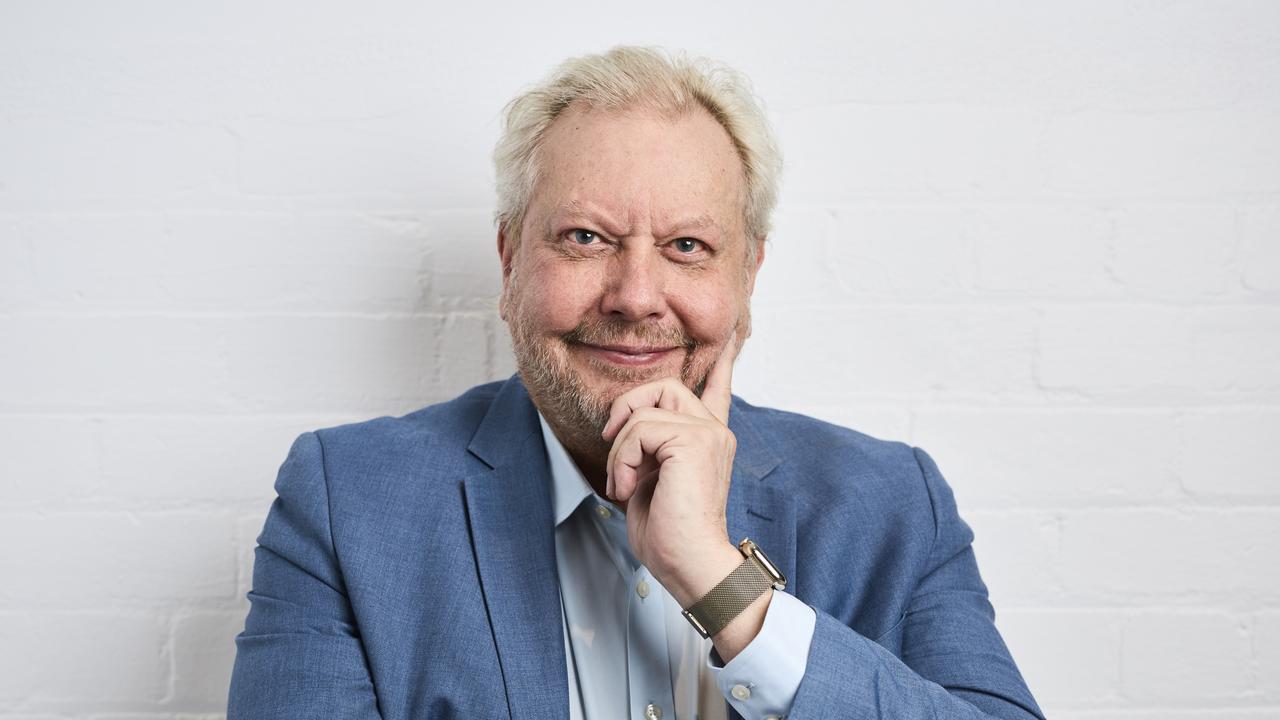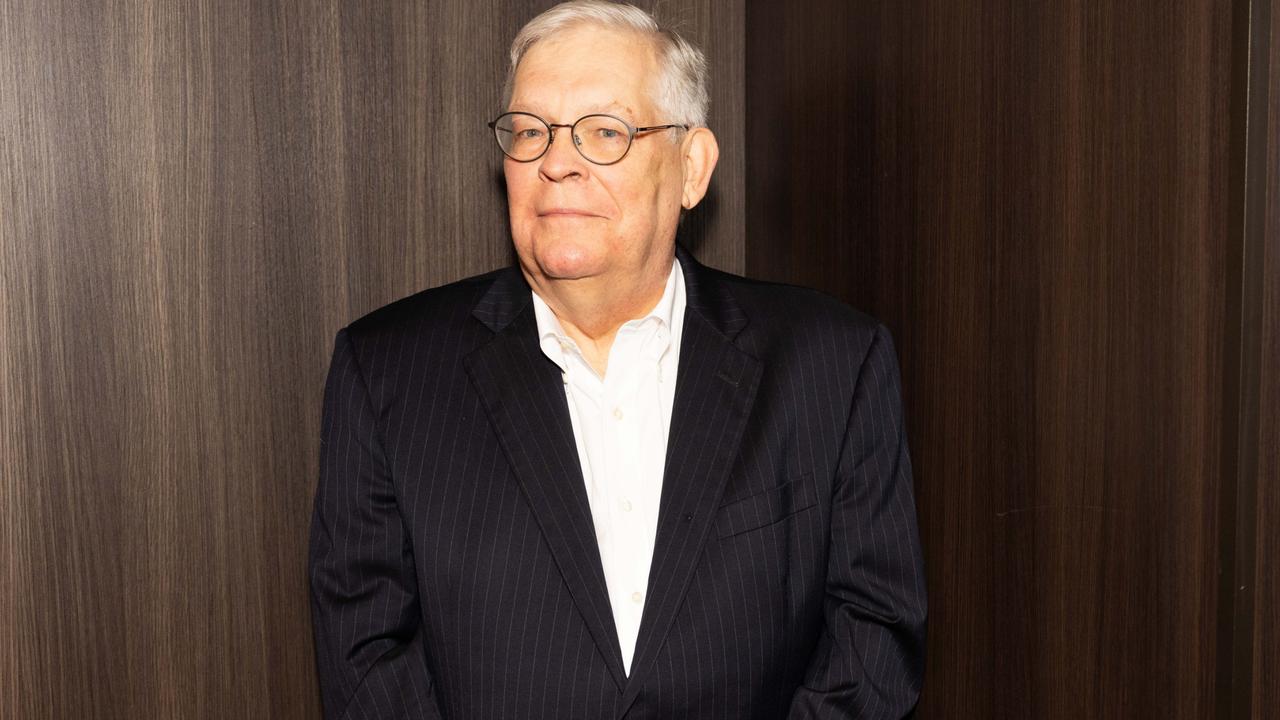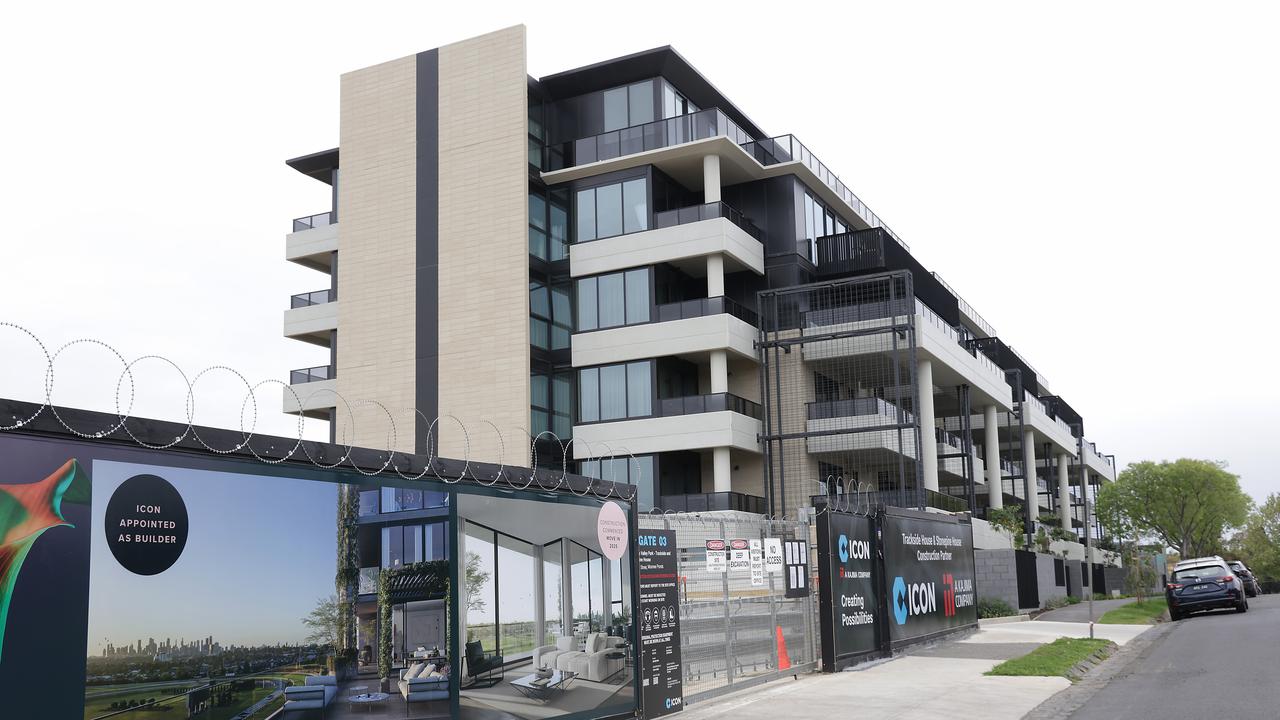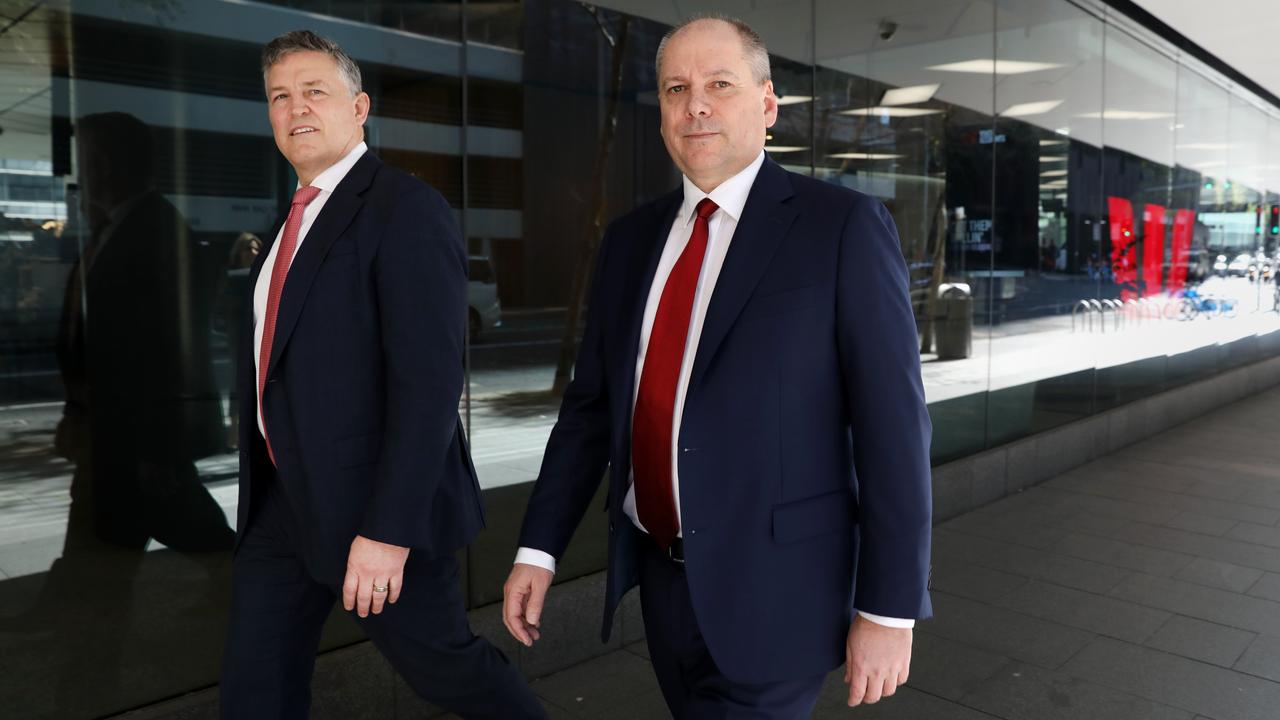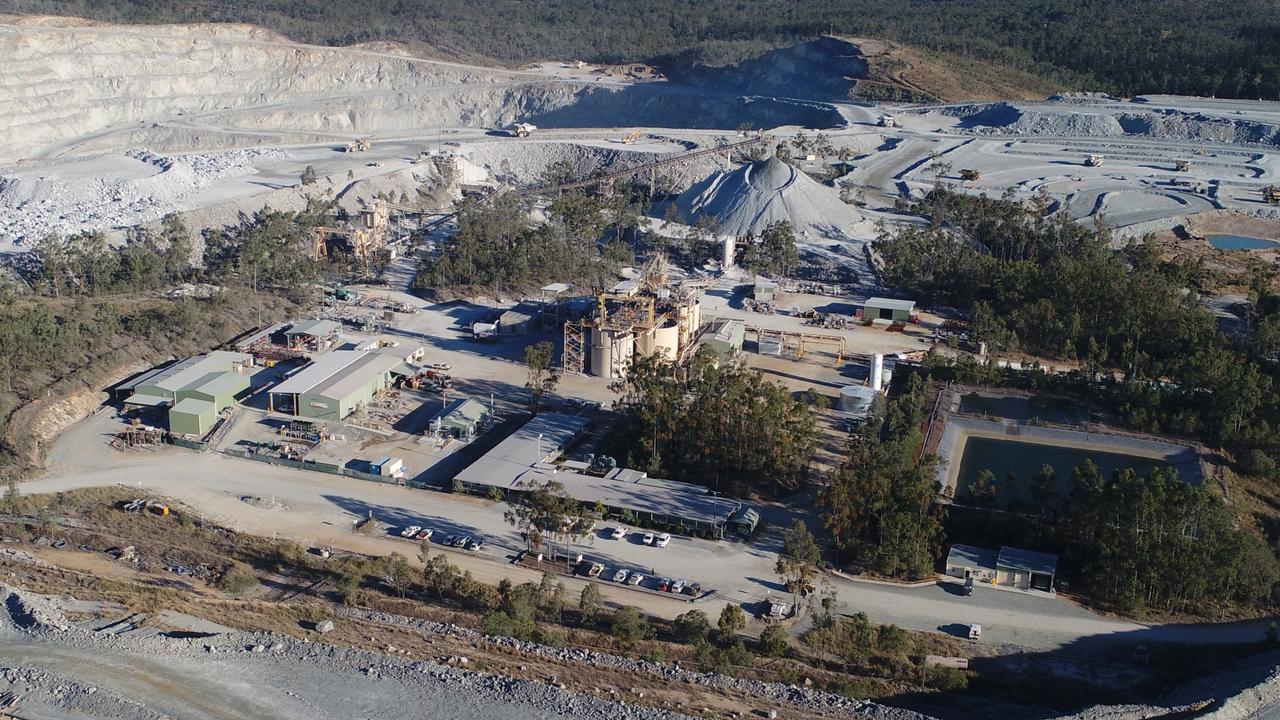Kiwi snowboarding mates behind Paloma Capital raising firms second fund, targeting $25m
The new fund is Paloma Capital’s second go at backing winning start-ups, with half the funding reserved strictly for firms that graduate from its in-house venture studio.
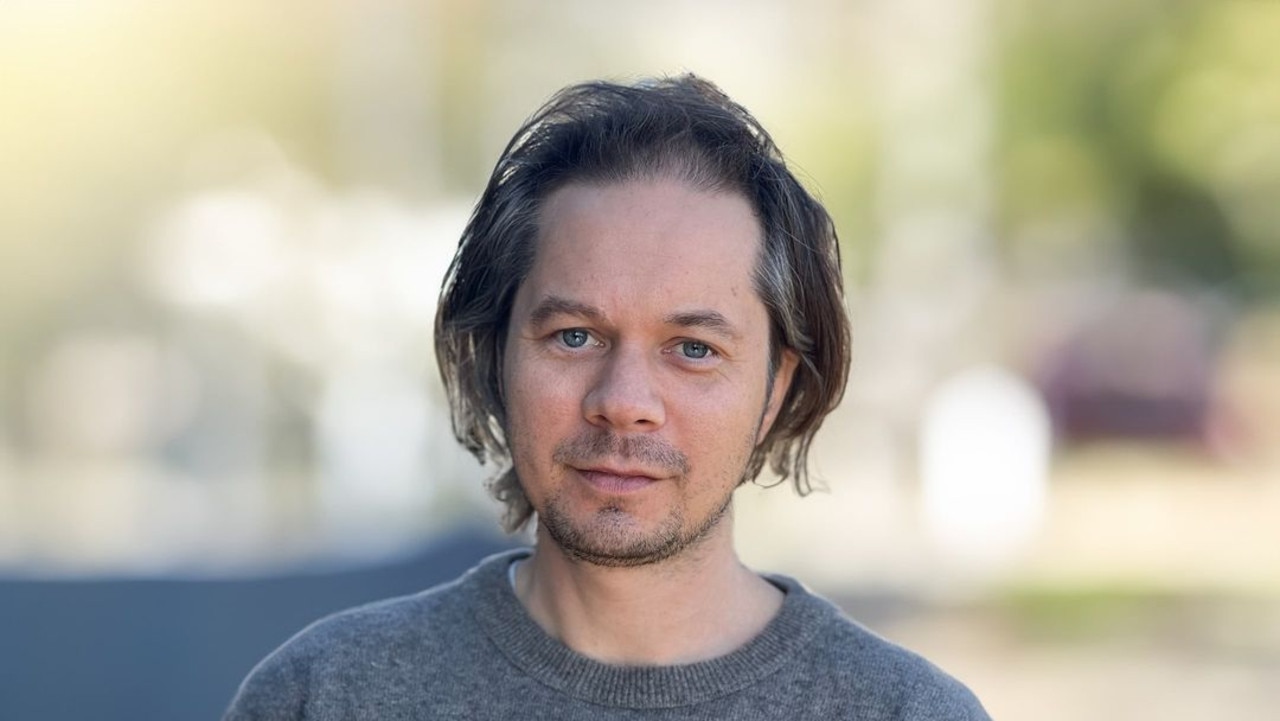
Business
Don't miss out on the headlines from Business. Followed categories will be added to My News.
Paloma Capital is raising $25m for its second venture capital fund, about half of which is reserved strictly for start-ups that graduate from its in-house venture studio.
The Sydney and Auckland-based outfit was founded by Kiwi snowboarding mates Ash Fogelberg and Nick Frandsen, who later founded a TimeZone-like prepaid credit company for events, called 1-Night, which they later sold to Ticket Direct in New Zealand.
The pair put some of the capital from the sale, understood to be a seven-figure sum, into what was previously known as Dovetail – now Paloma Capital – which has 70 staff.
Paloma builds start-ups from an idea into a company, in exchange for 15 per cent equity.
Paloma Capital raised its first fund in 2021 and is yet to see an exit. It is able to subsidise its venture capital ambitions via a product agency that builds mobile apps for major companies, including Australian fintech giant Afterpay.
“Since almost day one we’ve worked with Afterpay to build their mobile and web platform … and still to this day, we build all of their mobile products globally,” Mr Fogelberg said.
The new fund is Paloma Capital’s second go at backing winning start-ups, following a $10m fund it raised in 2021. That fund, 90 per cent of which was reserved for graduates of its venture studio, went into 11 start-ups, with an average cheque size of $790,000. The full range was between $250,000 to $2m.
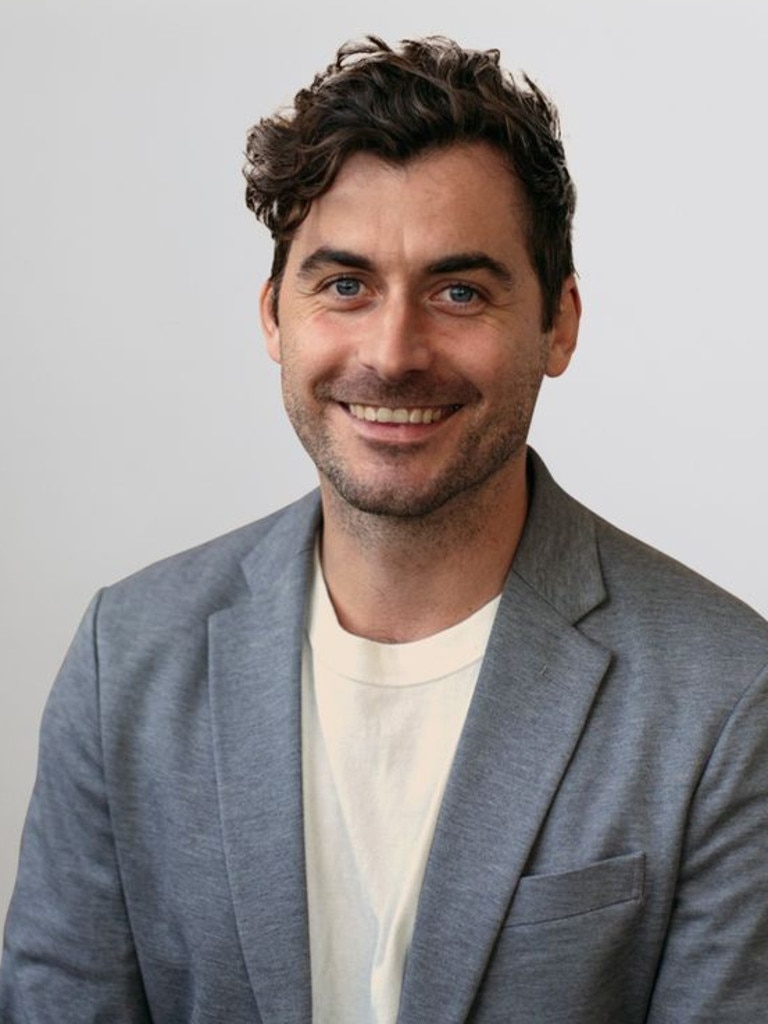
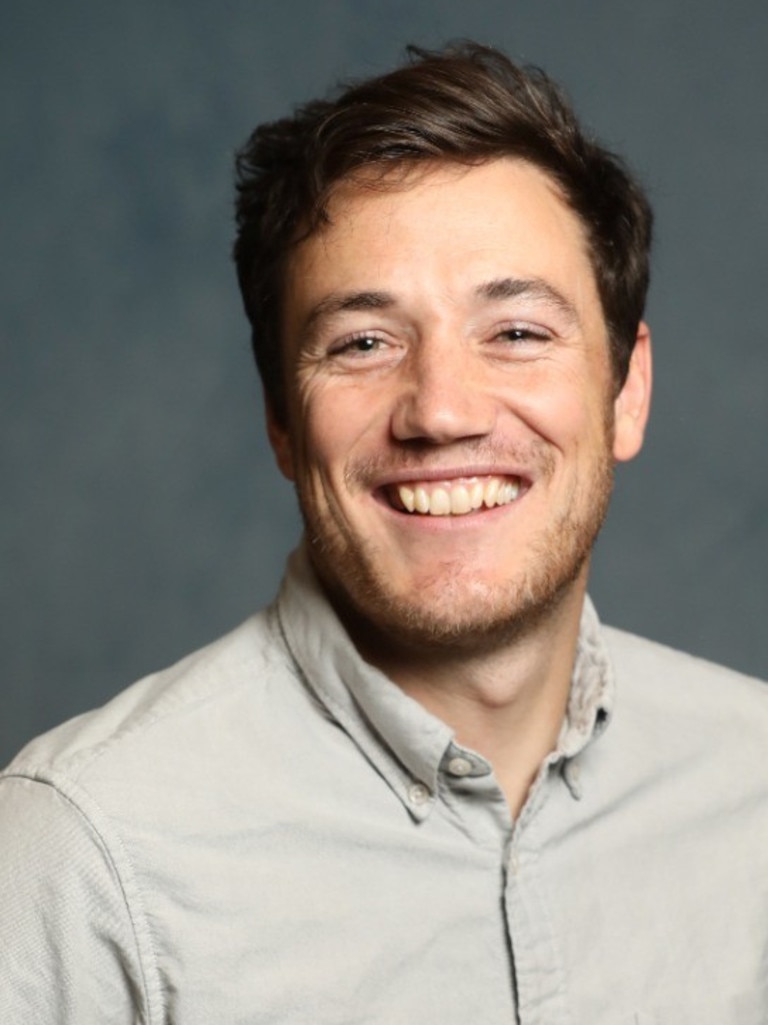
Revenue from those start-ups had grown from $5m to $43m while annual recurring revenue had grown 108 per cent on average, the firm said.
One of those backed by the first fund was Marmalade, a start-up taking on Kiwi cloud accounting giant Xero with an invoice platform, which raised $16m in March this year.
Other investments included Chemcloud, a B2B chemical sales platform, in which Paloma Capital led a $1.2m seed raise for.
Landing a spot in its venture studio is no easy feat, with Paloma Capital looking at about 500 start-ups a year, Mr Fogelberg said. He said the firm was partial to founders without a tech background who had ideas for unlikely start-ups.
“Because of our model, we’re able to work with underserved industries really well,” he said. “So we’re able to work with non-technical founders, essentially people who are experts in a given industry and they see an opportunity to bring technology into it.”
Mr Fogelberg said Paloma Capital wasn’t expecting any difficulties raising its next fund, as investors from its first fund had faith in its venture studio model.
“What we have found historically is that what resonates with investors is the fact that we’re working in the companies and building the companies,” he said.
“We have that informational edge that really gives them confidence to know that we have an insight into the companies that other VC firms don’t. It’s really hard to un-pick and understand if there is a real opportunity if we’re just seeing pitch decks and having conversations with founders.”
In the venture studio start-ups could get services they otherwise couldn’t afford, he said.
“We can actually bring in specialists into different parts of the venture building process. For example, we almost always do the branding work. As a start-up, you’d never go and hire a branding specialist because you just couldn’t use them effectively,” he said.
Paloma Capital would continue to focus on graduates of its venture studio for its second fund, with the $25m it’s seeking split evenly between follow-on investments from the start-ups backed by its first fund and cash for new start-ups that come through its venture studio.
Paloma Capital’s new fund comes at the start of what is expected to be a major funding period.
Industry veteran Michael Batko, the chief executive of Blackbird’s accelerator program Startmate, predicts Australian venture capital firms will deploy about $500m over the next 12 to 24 months as the investment window closes for funds raised during the pandemic.
Mr Batko sees this as the silver lining to the pandemic boom that saw start-ups raise tens of millions more than they otherwise would have and land inflated valuations that were later slashed.
More Coverage
Originally published as Kiwi snowboarding mates behind Paloma Capital raising firms second fund, targeting $25m




